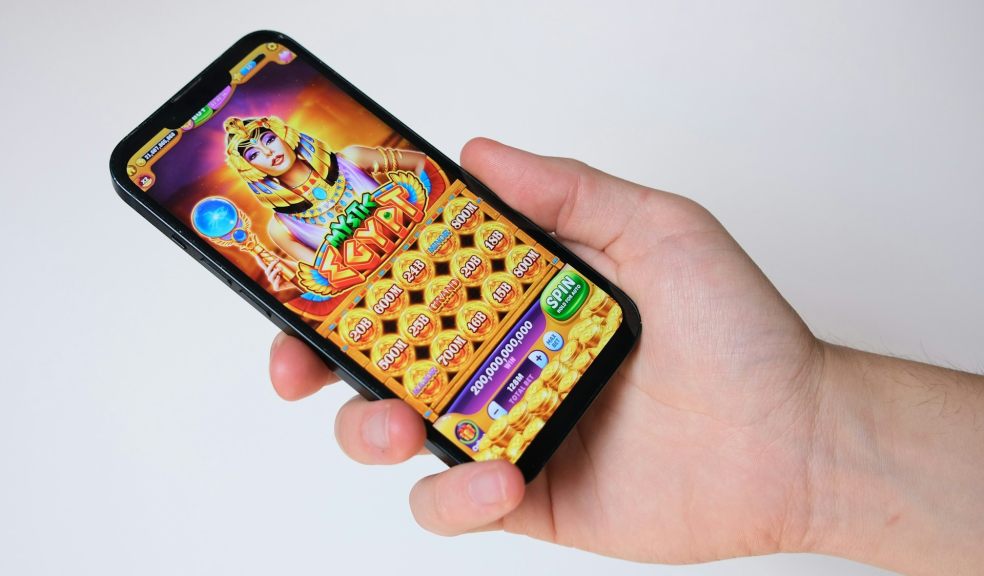
Next-Gen Casino Platforms Ride the Web3 Wave in the UK
Online casinos are entering a new era defined by transparency, innovation, and decentralization. The shift toward blockchain-based systems, AI-driven experiences, and digital ownership is transforming how players engage with gaming platforms. These changes aren’t just technical—they’re cultural. They’re redefining what fairness, privacy, and engagement look like for modern players across the UK and beyond.
The new frontier of decentralised casino ecosystems
That is why blockchain casinos have become so popular in the UK, offering the transparency they provide. In each blockchain, it becomes possible to view all transactions, which, in turn, creates confidence in the players. You never again have to wonder whether a game is fair or if payouts are real because you can literally see it, line by line, in that public ledger.
This transparency, as smart contracts take it into action instead of waiting for staff to confirm your win, releases your payout automatically when the rules are met. It reduces disputes and adds a layer of efficiency, something that traditional casinos cannot replicate.
Some non-GamStop sites are even trialling token-based verification to protect player privacy. A really quite simple, yet very smart move - instead of confirming who one is by ID, do so with tokens. This will ensure a safe and fair environment for everyone, while also providing players with a great deal of freedom, particularly those who wish to remain anonymous online.
That’s why many players look to expert-vetted sites curated by PokerStrategy, where blockchain-powered, non-GamStop casinos are carefully reviewed and recommended. Having professionals check these platforms helps filter out risky ones and highlight genuine innovation. It’s a modern way to explore decentralised casinos while knowing you’re still in trusted hands.
AI-driven personalisation transforms player engagement
AI has made online gaming much more intimate. Algorithms now observe how one bets, when one stops, and what games one comes back to. This way, the casino can fine-tune recommendations to feel an easier and more natural experience rather than overwhelming or random.
The interesting thing about this shift is that AI continually adjusts to the increasingly intelligent system. The more you play, the smarter the system. Odds and game suggestions change dynamically, creating a sense that the casino is responding directly to your mood or playstyle. It’s like having a digital croupier that knows your likes by heart.
AI is also helping to make players feel more human, so players do not have to wait much for a response and can interact with conversational chatbots. These bots provide a detailed reply to complex queries in just a few seconds, thereby closing the gap between automation and empathy. It’s efficient but somehow less clinical than speaking with a script.
Machine learning, on the other hand, is a method of promoting responsible gaming by monitoring for any unusual patterns. Whenever such risky gaming behaviors are detected in a person, AI tools can be used to trigger cooling-off prompts or spending reminders. It’s a perfect balance between fun and safety —technology that serves not only the casinos but also protects the players.
Cross-chain payments redefine accessibility and flexibility
Whereas cryptocurrency opened the doors, cross-chain payments have kicked them wide open. No longer are players confined to a single token or blockchain; digital currencies can be used across multiple platforms. Pure convenience, allowing a user to come in and transfer funds between different ‘investment’ platforms instantly, without juggling a dozen conversion rates, or waiting for ‘processing’ times.
Another layer of improvement was the Layer-2 networks. So, they facilitate faster and less costly transactions, solving one of the largest pain points in early blockchain gaming. No player wants to have fees eat into their winnings or endure long confirmation delays. Its efficiency ultimately matches the speed of digital gaming.
Interoperability is the string that ties it all up. So a player can move between casinos or game ecosystems and keep their funds accessible at every stop. No more closed wallets or restricted transfers. It’s that fluid, borderless experience, yet not there for users to fret over security or convenience.
Multi-wallet integration makes fund management that much simpler. Imagine having all your stablecoins, NFTs, and casino tokens in one interface. It will allow cross-platform gaming to feel much more seamless and professional — just like managing an actual digital portfolio, as opposed to accounts scattered all over the place. The result, hence, is not control that is made to look empowering but simple.
NFTs and tokenised rewards reshape loyalty programs
Loyalty in gaming has moved beyond comp points to collectibles. NFTs have completely altered player engagement by providing unique digital assets attached to achievements; the moment you earn or hit milestones, the rewards are not just symbolic; they are actual assets that can be displayed or traded and even sold later for real value.
Loyalty points, expressed in tokens, are yet another interesting nod that players appreciate. They slog across, allowing the division of earned tokens between liquidity and staking – or, in simpler terms, between exchanging them. It gives loyalty meaning beyond perks or discounts; you are engaging with a time and strategy-geared system.
Brands are catching on quickly. Some UK casinos are releasing branded NFTs that represent exclusive access, early content, or themed rewards. It’s clever marketing, sure, but it’s also giving players a real sense of belonging. When you own something tied to your favourite platform, loyalty stops being abstract—it becomes tangible.
The most forward-thinking casinos now combine NFTs with traditional rewards. You still earn your bonuses, but you also collect digital keepsakes along the way. It’s a hybrid model that combines fun, exclusivity, and investment. And in a market as competitive as online gaming, that’s a mix that keeps players coming back.
Final words
Technology has completely changed the meaning of trust and entertainment in online gaming. From blockchain casinos to AI-powered personalisation, every upgrade points toward a smarter, more transparent future. With innovations continually emerging, the next generation of online casinos appears poised to be more open, connected, and player-focused than ever before.













